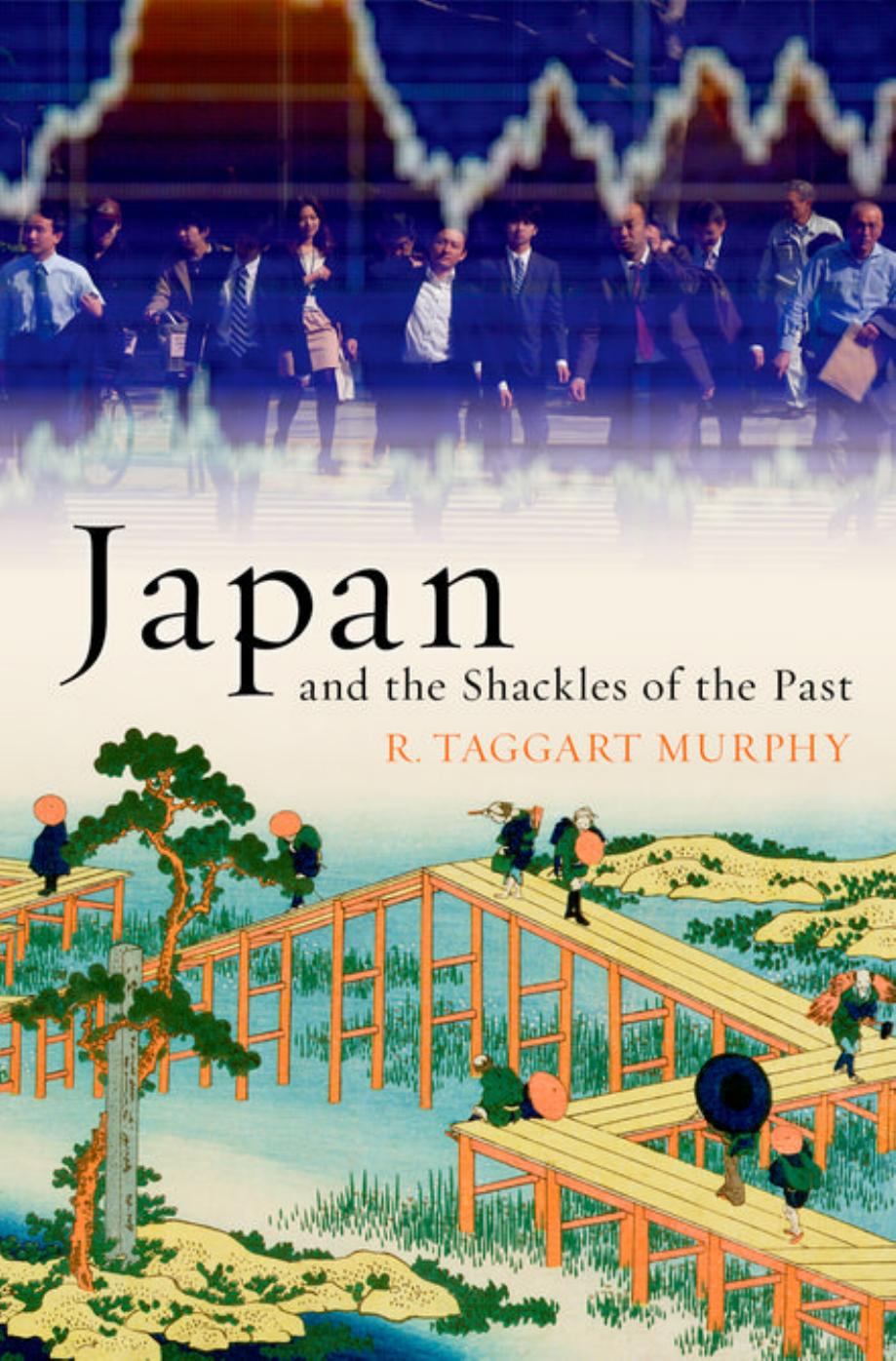Japan and the Shackles of the Past by R. Taggart Murphy

Author:R. Taggart Murphy
Language: eng
Format: epub, pdf
Publisher: Oxford University Press
Published: 2014-07-15T00:00:00+00:00
WRITING OFF SUNK COSTS
The difficulties Japanese companies have had in giving real decision-making authorities to foreigners form the clearest sign of the way the Japanese business establishment continues to be permeated with this code of loyalty (if one wants to be polite about it) or collusion (if one wants to be critical). But the economic costs of that code do not end with the difficulties in attracting and retaining high-quality foreign executives. They are perhaps outweighed by an even bigger problem that can be traced directly to the loyalty/collusion code: recognizing and coping with failure. For the Japanese system lacks institutional means to deal with failure, with the “creative destruction” that the great economist Joseph Schumpeter identified as the sine qua non of capitalism.
One can make the argument—and plenty have—that capitalism is in crisis worldwide precisely because “creative destruction” no longer functions properly; that as the indiscriminate bailouts in the wake of the 2008 crisis suggest, what increasingly matters today in determining whether a company survives is not so much quality products, marketing savvy, and cost control, but size and political connections. Whether true or not—and if true, it suggests one more time that the world is becoming more “Japanese” rather than the reverse—Japan has long had particular difficulty in facing up to failure: recognizing it, accounting for it, and writing it off. For the code of loyalty is more than a matter of a willingness to fall on one’s sword when necessary to protect one’s seniors or one’s organization. It also works in the other direction: the CEO resigning to “take responsibility” for corporate misfortune, the company continuing to order from its established supplier even when someone else appears with a better deal. But it is not even enough to call loyalty/collusion a two-way street. It amounts to an entire fabric of relationships that binds both individuals and organizations. To paraphrase E. M. Forester, the good Japanese would prefer, if pressed, to violate some abstract principle—be that “shareholder value” or the “public good”—than betray those to whom he (or his organization) has ties of dependence, of obligation, and, yes, of friendship.
The reluctance to cut off some person or group that is still trying hard but not delivering results has both a sentimental and a practical aspect. In a society in which people and organizations are bound to each other through organic webs of mutual dependence and obligation, the public and humiliating failure of some person or some group inevitably reflects badly on those who are seen as being responsible for that person or that group—on those who had the power to cushion failure and refused to act. Practically speaking, it raises suspicion that they too have been wounded. A company that fires people when it has little for them to do or a bank that calls in loans from a long-standing but troubled customer knowing that will mean the customer’s ruin is identifying itself as an entity in trouble. For why would such things by allowed unless those doing
Download
Japan and the Shackles of the Past by R. Taggart Murphy.pdf
This site does not store any files on its server. We only index and link to content provided by other sites. Please contact the content providers to delete copyright contents if any and email us, we'll remove relevant links or contents immediately.
| Arms Control | Diplomacy |
| Security | Trades & Tariffs |
| Treaties | African |
| Asian | Australian & Oceanian |
| Canadian | Caribbean & Latin American |
| European | Middle Eastern |
| Russian & Former Soviet Union |
The Secret History by Donna Tartt(16622)
The Social Justice Warrior Handbook by Lisa De Pasquale(11489)
Thirteen Reasons Why by Jay Asher(7788)
This Is How You Lose Her by Junot Diaz(5771)
Weapons of Math Destruction by Cathy O'Neil(5036)
Zero to One by Peter Thiel(4824)
The Myth of the Strong Leader by Archie Brown(4789)
Promise Me, Dad by Joe Biden(4447)
Beartown by Fredrik Backman(4417)
Stone's Rules by Roger Stone(4415)
How Democracies Die by Steven Levitsky & Daniel Ziblatt(4398)
The Fire Next Time by James Baldwin(4342)
100 Deadly Skills by Clint Emerson(4076)
A Higher Loyalty: Truth, Lies, and Leadership by James Comey(4032)
Rise and Kill First by Ronen Bergman(4012)
The David Icke Guide to the Global Conspiracy (and how to end it) by David Icke(3881)
The Farm by Tom Rob Smith(3872)
Secrecy World by Jake Bernstein(3782)
The Doomsday Machine by Daniel Ellsberg(3730)
